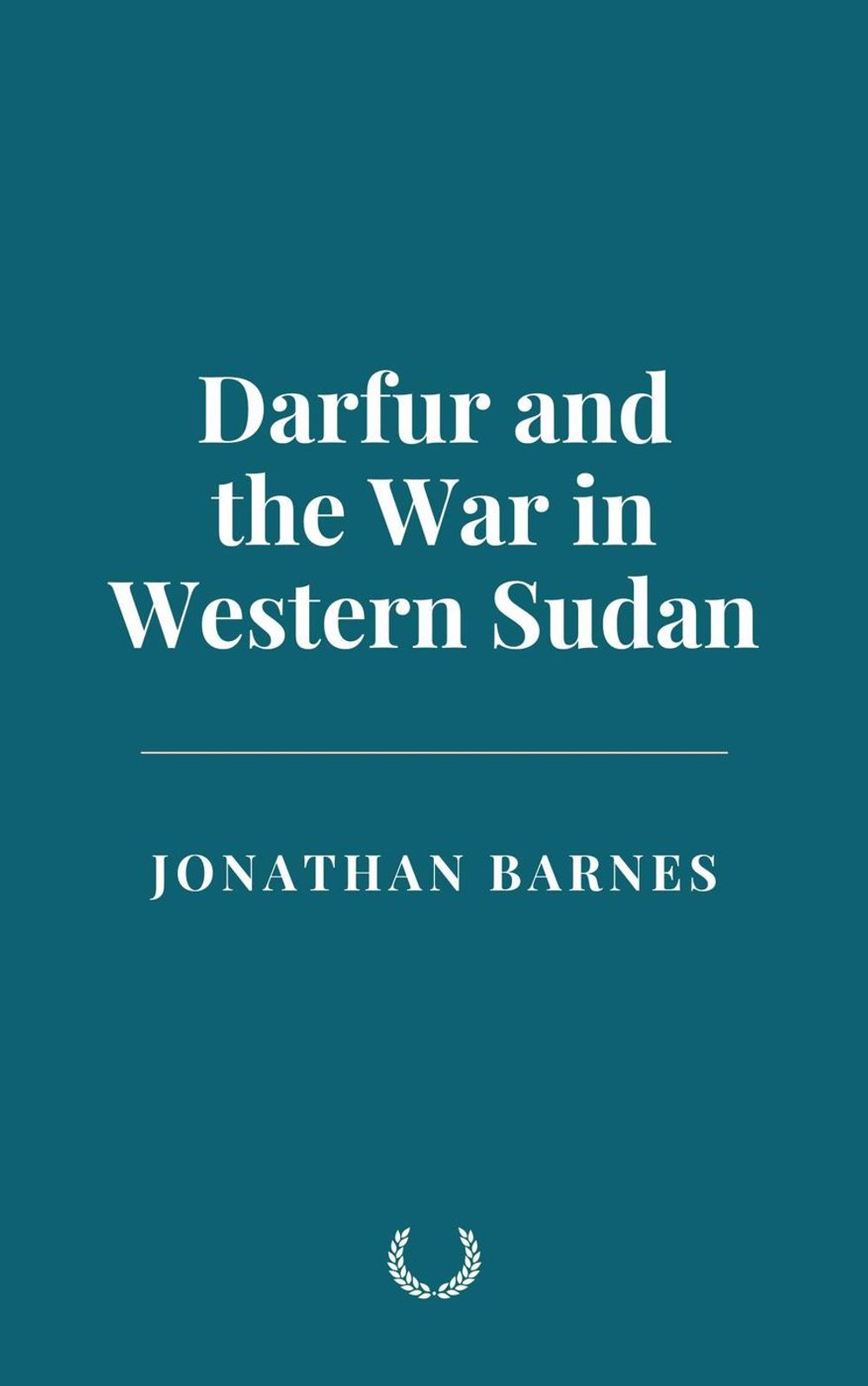Darfur and the War in Western Sudan
The Darfur conflict, which began in 2003, stands as one of the most devastating humanitarian crises of the 21st century. This study provides a comprehensive analysis of the conflict's origins, dynamics, and aftermath, examining the complex interplay of historical grievances, political marginalization, environmental stress, and ethnic identity. The conflict, rooted in long-standing disputes over land, water, and political representation, escalated into a brutal war marked by mass atrocities, displacement, and systemic violence perpetrated by the Sudanese government and its allied Janjaweed militias against non-Arab ethnic groups, including the Fur, Masalit, and Zaghawa. Key chapters explore the pivotal events that shaped the conflict, from the rise of rebel movements such as the Sudan Liberation Army (SLA) and the Justice and Equality Movement (JEM) to the Sudanese government's counterinsurgency strategy, which included scorched-earth tactics, aerial bombings, and the weaponization of sexual violence. The role of international actors—both in enabling the conflict through economic ties and in attempting to mediate peace—is critically examined, with a focus on the influence of regional players such as Chad and Libya, as well as the global response led by the United Nations, the African Union, and international NGOs. This analysis delves into the humanitarian crisis resulting from the war, with over 2.5 million people displaced and forced to live in precarious conditions in IDP and refugee camps. The study also interrogates the effectiveness of peace agreements, from the 2006 Abuja Agreement to the 2011 Doha Document for Peace in Darfur, which, despite their aspirations, failed to address the root causes of the conflict or provide justice for survivors. The International Criminal Court's (ICC) intervention is a key focus, particularly the unprecedented indictment of former Sudanese President Omar al-Bashir on charges of genocide, war crimes, and crimes against humanity. The legal, political, and symbolic ramifications of this indictment highlight the global struggle for accountability amid accusations of selective justice and concerns about the ICC's capacity to enforce its mandates. Further, the study explores the conflict's gendered dimensions, emphasizing the plight and resilience of women and children who endured targeted violence and yet became central to survival and peacebuilding efforts in their communities. The political economy of the conflict is also analyzed, with particular attention to the exploitation of Darfur's resources and the economic policies that fueled marginalization and rebellion. In its final chapters, the work reflects on the post-conflict challenges of reconstruction, reconciliation, and justice. The legacies of war—including unresolved land disputes, ongoing displacement, and fragmented political alliances—continue to shape the socio-political landscape of Darfur and Sudan at large. The study underscores the importance of addressing economic inequality, political exclusion, and historical grievances as essential steps toward sustainable peace. The Darfur conflict remains a case study in the failures and possibilities of international intervention, humanitarian advocacy, and transitional justice. By integrating historical analysis, primary testimonies, and scholarly critiques, this research contributes to a deeper understanding of the conflict and its aftermath, offering lessons for preventing future atrocities and fostering inclusive peacebuilding in conflict-affected regions.
-
Autore:
-
Anno edizione:2025
-
Editore:
-
Formato:
-
Lingua:Inglese
Formato:
Gli eBook venduti da Feltrinelli.it sono in formato ePub e possono essere protetti da Adobe DRM. In caso di download di un file protetto da DRM si otterrà un file in formato .acs, (Adobe Content Server Message), che dovrà essere aperto tramite Adobe Digital Editions e autorizzato tramite un account Adobe, prima di poter essere letto su pc o trasferito su dispositivi compatibili.
Cloud:
Gli eBook venduti da Feltrinelli.it sono sincronizzati automaticamente su tutti i client di lettura Kobo successivamente all’acquisto. Grazie al Cloud Kobo i progressi di lettura, le note, le evidenziazioni vengono salvati e sincronizzati automaticamente su tutti i dispositivi e le APP di lettura Kobo utilizzati per la lettura.
Clicca qui per sapere come scaricare gli ebook utilizzando un pc con sistema operativo Windows



